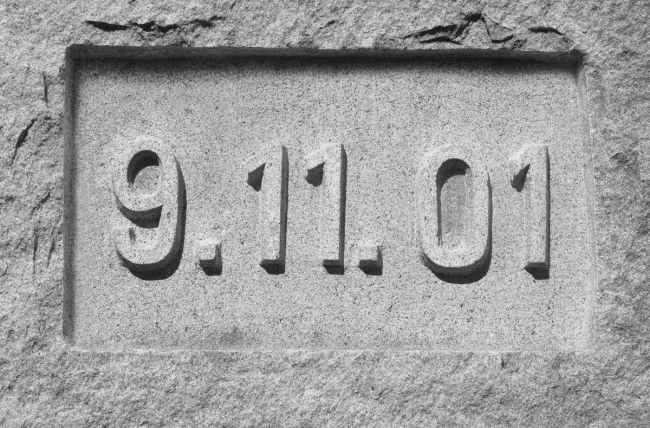You have /5 articles left.
Sign up for a free account or log in.

iStockphoto.com/RoyalFive
These days, we are all thinking about the terror people experience when they become ill, the sadness of those who’ve lost loved ones, the anxiety of impending job loss and the stunning heroism of doctors and nurses. We’re facing such upheaval and uncertainty in this time of COVID-19.
Having worked most of my career in the field of college admission, my thoughts are also with high school seniors. Just a few months ago they were looking at the stretch run of their high school careers, with its routines, rituals and rites of passage.
Then they were pulled from classrooms, separated from friends and activities, and cast into the isolation of remote learning. The proms won’t happen. The graduations with proud families sitting in the stands will be postponed, moved online or canceled.
The trips to college campuses for one last look before making enrollment decisions that will determine their homes for the next four years have been replaced with the webinars and virtual content colleges are pushing out to them. It’s all so disconcerting as they wonder what the future holds for them during this pandemic.
There was similar disruption and confusion on Sept. 11, 2001. I woke up that morning in a Northern California hotel ready to meet with students at four high schools about Boston College. As I finished my breakfast in the lobby, I saw smoke seeping from one of the Twin Towers on a television monitor. Someone said a small plane had collided with the building.
On the way to my first destination, an NPR newscaster reported that another plane had hit the second tower. This was officially a terrorist attack, and America was the target.
I pulled into the high school parking lot dazed and unsure of how I would proceed. When I arrived at the counseling center, the secretary pointed to a group of students seated at a table who were waiting for me. I asked if they were aware of the breaking news. She said they were, but thus far, classes remained in session.
I walked over to the students and sat down with them. I introduced myself but quickly explained that I wasn’t comfortable launching into a presentation about my institution when we were all so fearful of what might be happening. I told them I didn’t know any more than they did, but perhaps it might be helpful if we shared what we were experiencing at this moment and how we could support each other.
We looked at each other. We shifted in our seats. We sat in silence for a couple of minutes. We didn’t know how life might be altered in the days and weeks ahead, so it was hard to open up.
Then, the young woman sitting directly to my left said, “Well, you’re right; we don’t even know what’s really happened. But, one way or another, I’m going to college next year. So, since you’re here, I’d actually appreciate it if you’d talk to us about Boston College.”
I was staggered by the inner strength and poise of that young woman. She’d given voice to the uncertainty we were all confronting. But she’d also permitted us to talk about something else at this troubling moment, and she’d liberated me to be the facilitator of that discussion.
With her ability to rise above the emotion and the confusion, she signaled that whatever the future held, it was one in which these young people and thousands like them across the country would be living. They would be the teachers, the doctors, the nurses, the lawyers, the businesspeople, the leaders, the decision makers. It would be their world, and they had to be prepared.
The suffering and death caused by COVID-19 have occurred on such a massive scale that it’s hard for us to process what’s happening and what comes next. We’re reminded that life can change so quickly, and it can produce circumstances that directly affect us and for which we are unprepared.
But it’s this year’s high school seniors who will summon the same clear-eyed resolve of that young woman I encountered almost 20 years ago in a California high school. They will be the ones who confront future challenges and crises we can’t even imagine as we wrestle now with how to move forward as a country and a world.
That gives me hope.




